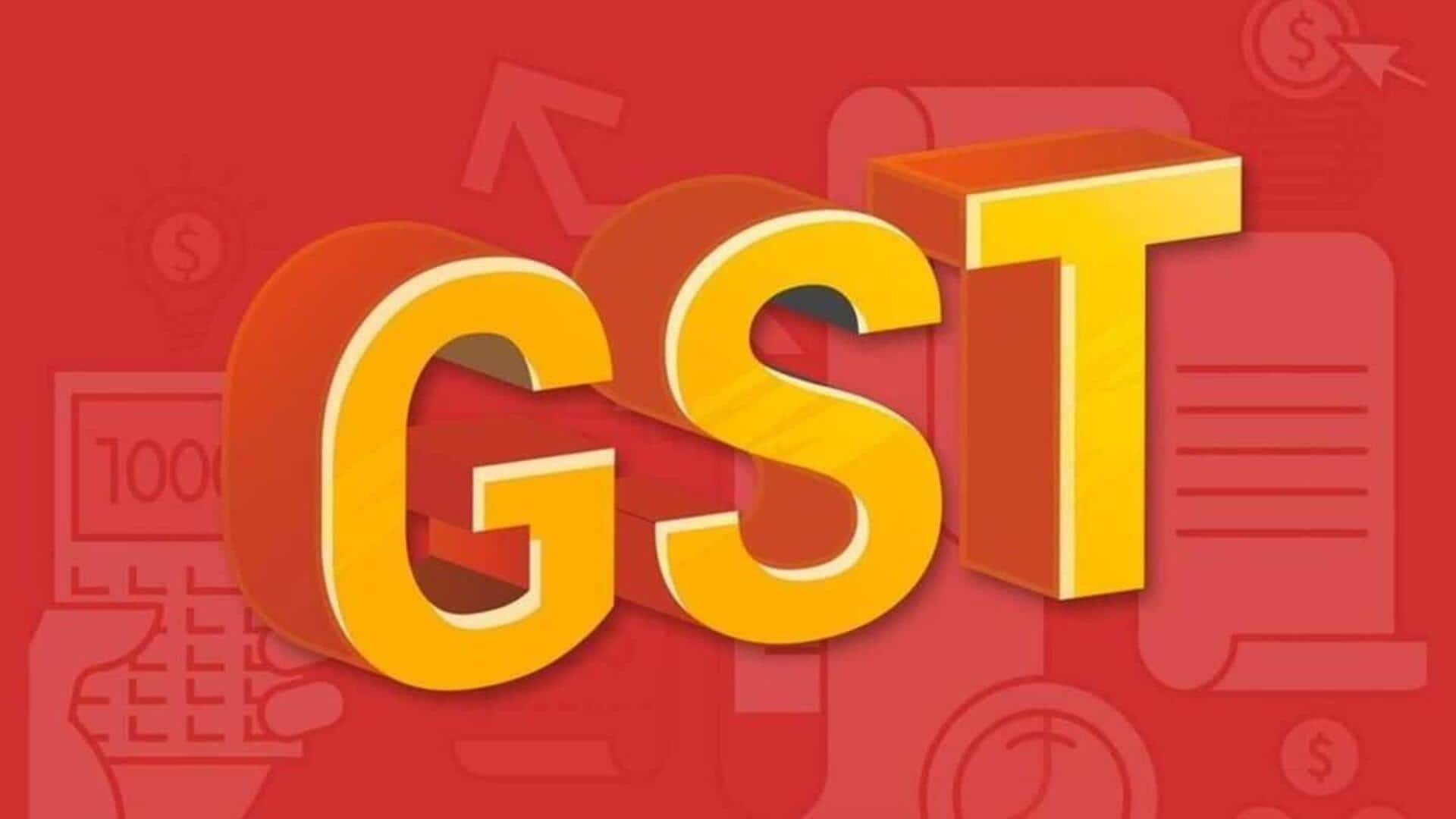
GST 2.0: Why some products may show two MRPs
What's the story
The new Goods and Services Tax (GST) regime will come into effect from September 22. However, experts have warned that consumers should be wary of price changes during this transition period. This is because two different Maximum Retail Prices (MRPs) may be visible on products due to old stock in the distribution pipeline.
Market adjustment
Transition may take 2 to 3 months
Manish Aggarwal, Director of Bikanervala Foods Pvt Ltd, a popular Indian sweets and snacks chain, said that the transition to the new GST regime may take two to three months. This is because existing stock is already in the distribution pipeline. During this time, customers may see two MRPs for the same products due to old stock in pipeline.
Consumer rights
Customers can ask for lower MRP
Aggarwal assured customers that the benefit of reduced GST will be passed on in all cases. However, if any retailer does not extend this benefit, customers are well within their rights to request the lower MRP. This is especially true for namkeens, bhujia, mixture and similar items where GST has been reduced from 12% to 5%.
Legal compliance
Retailers can't charge customers old rate
Hardik Gandhi, Partner at Deloitte India, said that legally, invoices must reflect the revised GST rate from September 22. Retailers cannot charge customers the old rate even if their distributor arrangements are pending. The government has also said it won't invoke anti-profiteering rules aggressively but expects companies to pass on benefits directly to customers.
Transition challenges
Sales till September 21 will attract current rates
Abhishek Jain, Partner and National Head of Indirect Tax at KPMG India, said that sales made till September 21 will attract current rates. However, refunds under the inverted duty structure may not be available for such rate transitions according to latest government circulars. This could make things tricky as some companies may compensate dealers while others could absorb costs or adjust through margins.